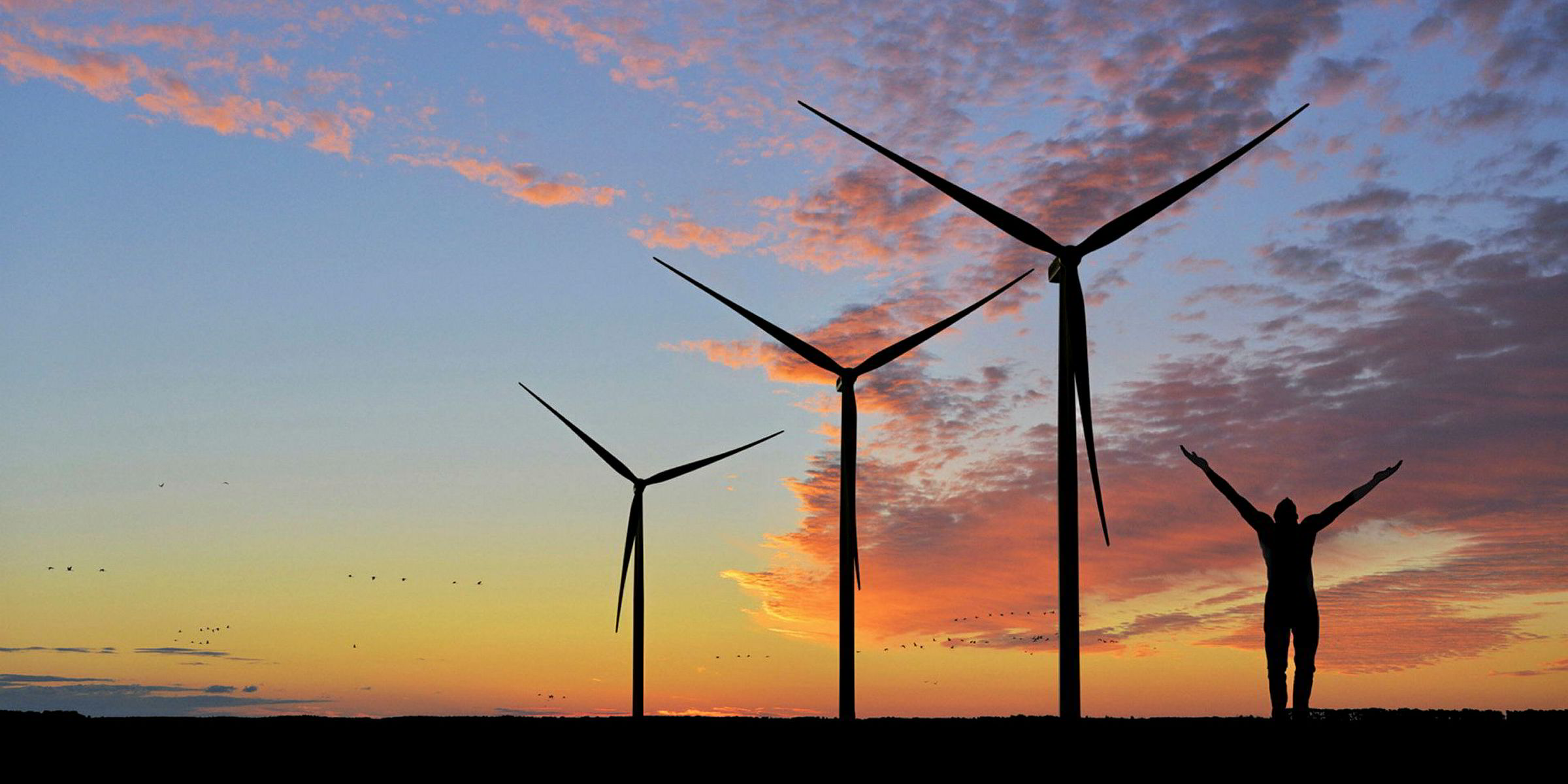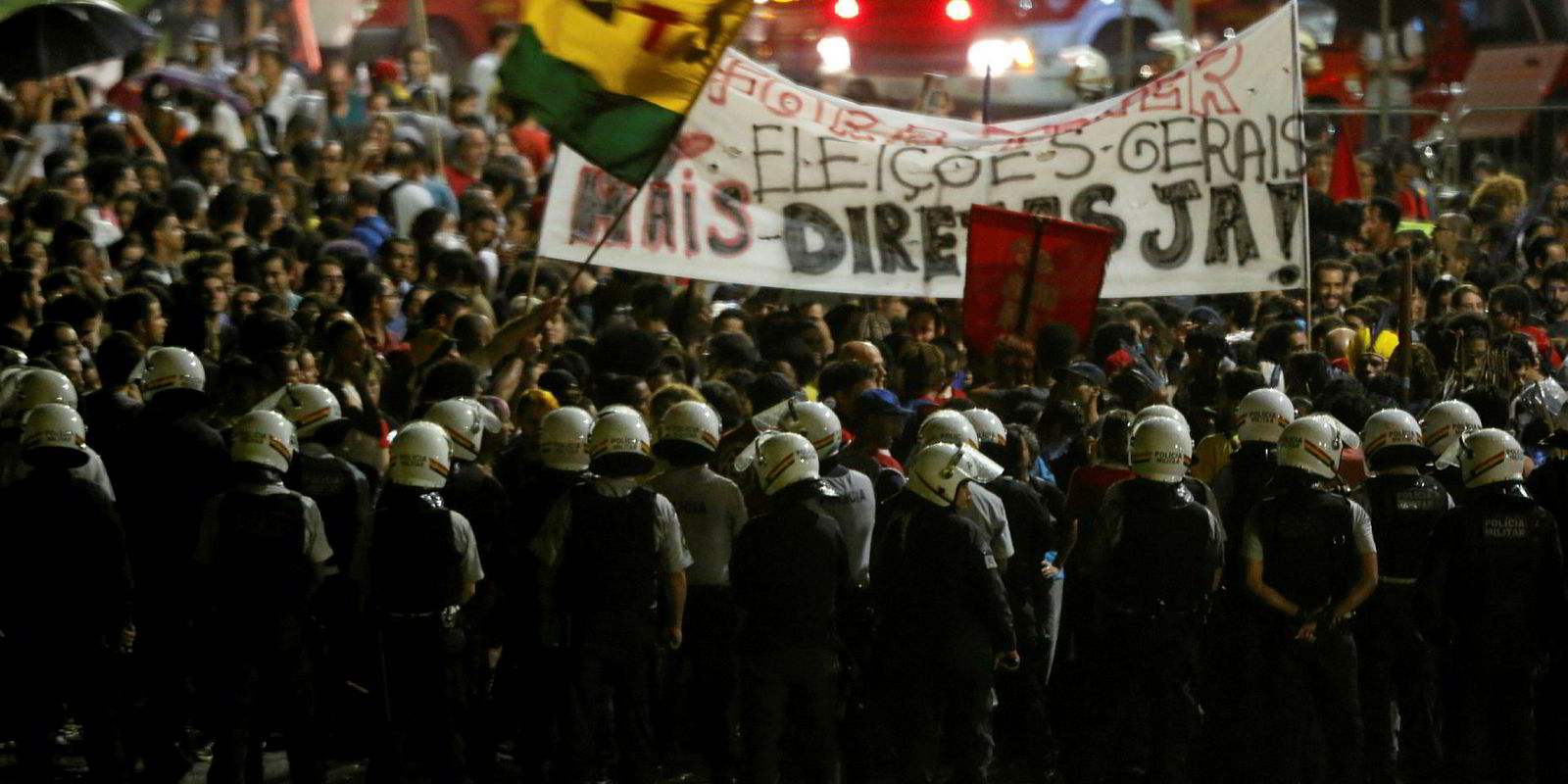Brazil plans to hold at least one tender this year to contract renewable power that will have to be built by 2020, 2021 and 2022, but final details are still pending.
“The tender will happen, but we should finalise details in coming weeks,” Eduardo Azevedo, planning secretary at the Mines and Energy ministry, told Recharge on the sidelines of a wind power financing event in São Paulo.
Keeping to the government’s cautious stance since a solar and wind reserve tender was cancelled in December 2016 because of a sharp decline in power demand, Azevedo declined to give details.
“We don’t yet know what technologies will be included,” he said, refusing to indicate how much could be contracted.
Azevedo has said the tender might occur in September or October.
This will be first time that a reserve tender will contract more than two years ahead of commissioning. Azevedo said this aims to allow Brazil’s 2GW to 3GW turbine industry to plan delivery schedules. He also said that latest ministry projections show there might be future demand for a second tender in December.
Although Brazil registered a 1% GDP rise in first quarter of 2017 from the previous quarter – technically indicating the end of a two-year recession in which the economy fell more than 7% – power demand has been slow to pick up.
As power distributors face havoc in their balance books, the government has been taking measures to hold a de-contracting tender by the end of August to tally up exactly how much power could be needed. The tender is expected to cancel as much as 3GW of wind and solar projects that had contracted power in recent years through reserve power tenders – in which the government contracts standby power.
The executive president of the Brazilian Wind Power Association, Élbia Silva Gannoum, welcomed the news and stressed that Brazil’s wind industry urgently needs the new contracts.
“We have a portfolio of projects ready that point to investments of R$20bn ($6.4bn) a year. Just hold the tenders and we will invest,” she said.
The tender this year is seen as a lifeline to the six turbine makers in the country that are undercutting their own prices to compete for 1.5GW of unallocated orders that need to be delivered by 2019, when the sector will face a cliff-edge in orders after completing the 17GW of already contracted wind projects.
With no new orders since the last tender in 2015, when just over 1.2GW was contracted, the turbine assemblers are trying to keep their suppliers afloat as idle capacity is rising, expecting to top 80% in in the second half of 2018 if no new orders are signed.
A recently built R$280m joint venture between Brazilian steel maker Gerdau and Japanese groups Sumitomo Corporation and The Japan Steel Works (JSW) that was inaugurated earlier this year has signed no orders so far, a source told Recharge.
Despite Azevedo’s apparent firmness, industry representatives told Recharge they are still sceptical since almost no details have been published, saying the size of the tender will also be important.


